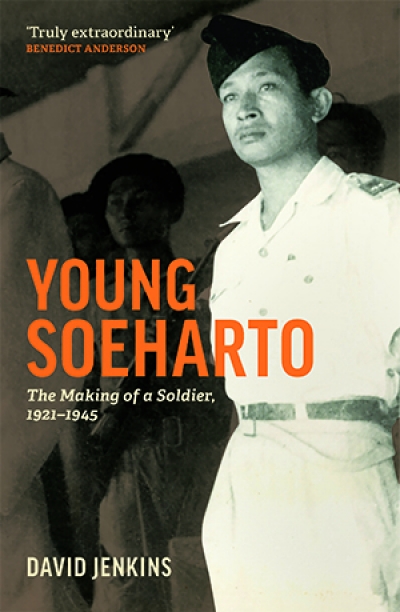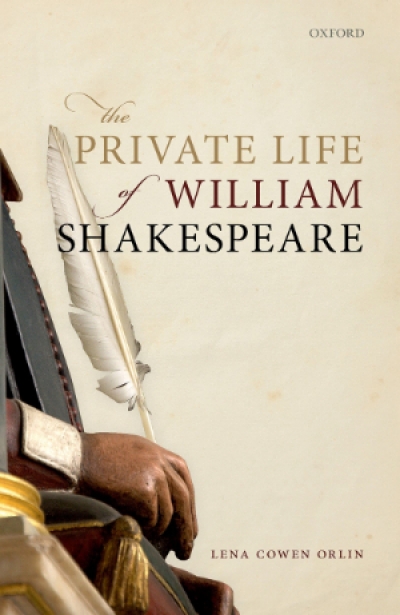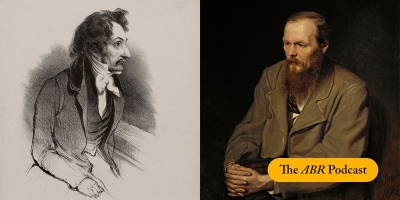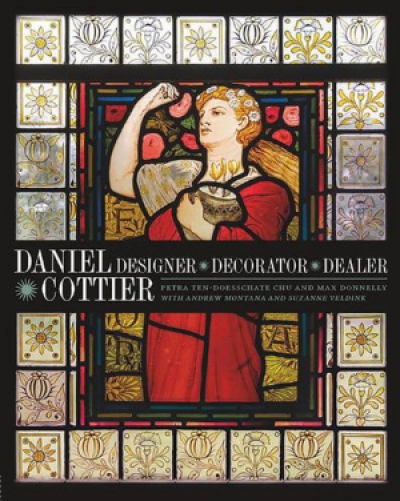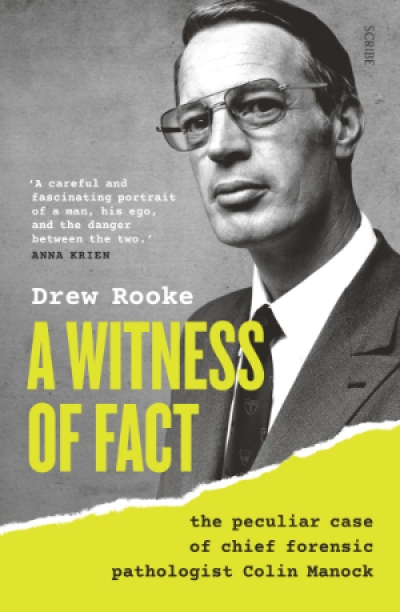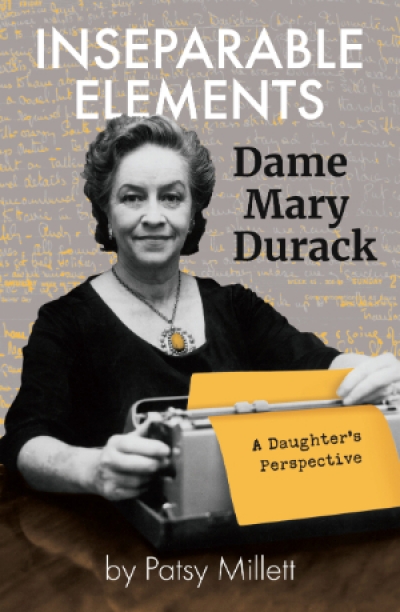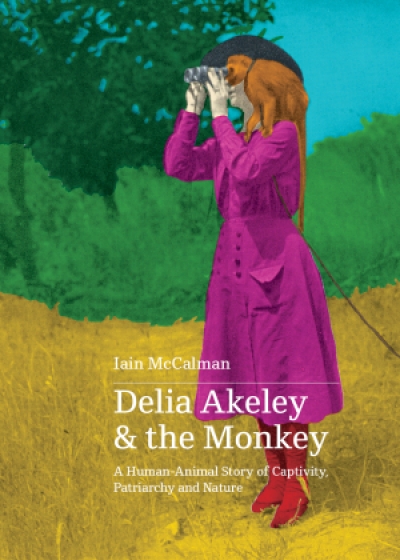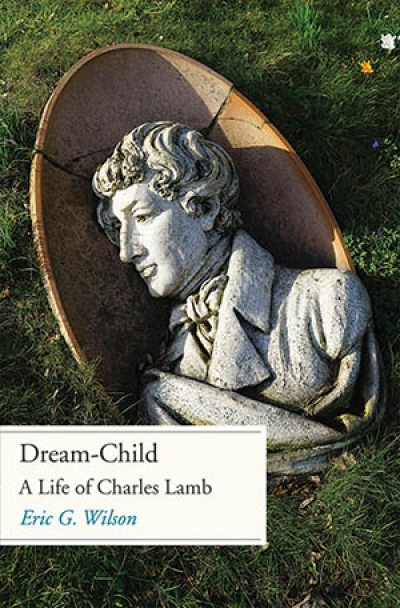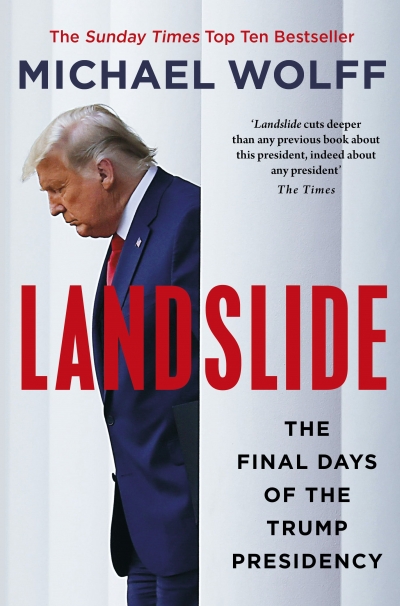Biography
Young Soeharto: The making of a soldier, 1921–1945 by David Jenkins
by David Reeve •
Author and scholar Kevin Birmingham has shown that books as much as people are worthy subjects of biography. This year he has followed up The Most Dangerous Book, his award-winning account of the battle to get James Joyce’s Ulysses published, with The Sinner and the Saint, a book about the genesis of another classic: Crime and Punishment. In this week’s episode of The ABR Podcast, Geordie Williamson reads his review of Birmingham’s latest study, one which ‘brings microscopic detail and a sense of drama to the composition’ of Fyodor Dostoevsky’s masterpiece.
... (read more)Daniel Cottier: Designer, decorator, dealer by Petra ten-Doesschate Chu and Max Donnelly, with Andrew Montana and Suzan Veldink
by Matthew Martin •
A Witness of Fact: The peculiar case of chief forensic pathologist Colin Manock by Drew Rooke
by Alecia Simmonds •
Inseparable Elements: Dame Mary Durack, a daughter’s perspective by Patsy Millett
by Susan Sheridan •
Delia Akeley and the Monkey: A human-animal story of captivity, patriarchy and nature by Iain McCalman
by Libby Robin •
Landslide by Michael Wolff & Peril by Bob Woodward and Robert Costa
by Timothy J. Lynch •

